Intro
Heal anal fissures naturally at home with these 7 effective remedies. Discover how to alleviate pain, reduce inflammation, and promote healing using simple, non-invasive methods. Learn about the best natural treatments, including dietary changes, herbal supplements, and soothing topical applications to overcome anal fissure symptoms and prevent future occurrences.
Anal fissures can be a painful and embarrassing condition, but there are several natural ways to heal them at home. Before we dive into the remedies, it's essential to understand what anal fissures are and how they occur.
Anal fissures are small tears in the lining of the anus, which can cause pain, bleeding, and discomfort during bowel movements. They can be caused by constipation, diarrhea, or passing large stools, as well as by underlying medical conditions such as inflammatory bowel disease.
Fortunately, many cases of anal fissures can be treated at home using natural remedies that promote healing, reduce pain, and prevent future occurrences.
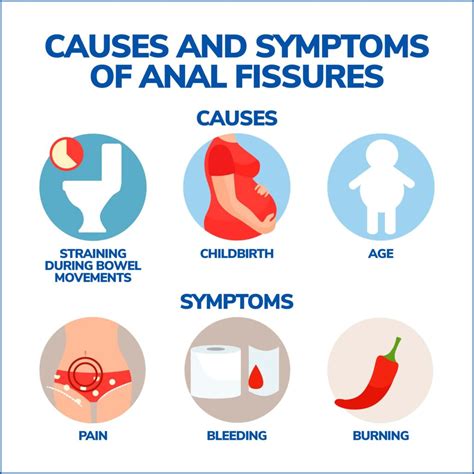
Understanding Anal Fissures
To effectively treat anal fissures, it's crucial to understand the underlying causes and symptoms. Anal fissures can be acute or chronic, and symptoms may include:
- Severe pain during and after bowel movements
- Bright red bleeding during bowel movements
- Swelling and inflammation around the anus
- Itching or burning sensations around the anus
If left untreated, anal fissures can lead to more severe complications, such as infection, abscesses, or fistulas.
Natural Remedies for Anal Fissures
Here are seven natural ways to heal anal fissures at home:
1. Warm Sitz Baths
Warm sitz baths can help soothe the pain and discomfort associated with anal fissures. To take a sitz bath, fill a bathtub with warm water, and add a tablespoon of baking soda or Epsom salt. Soak in the bath for 15-20 minutes, 2-3 times a day.
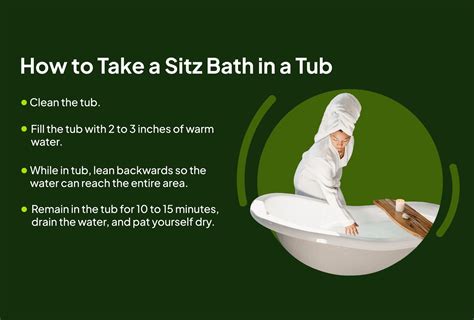
2. Coconut Oil
Coconut oil is a natural lubricant that can help soothe and heal anal fissures. Apply a small amount of coconut oil to the affected area after bowel movements or before bedtime.
3. Aloe Vera Gel
Aloe vera gel has anti-inflammatory properties that can help reduce pain and inflammation associated with anal fissures. Apply aloe vera gel to the affected area 2-3 times a day.
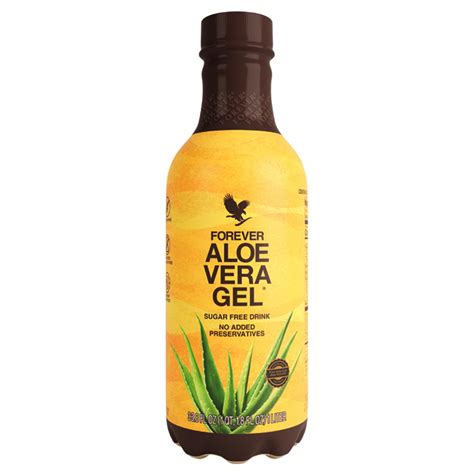
4. Fiber-Rich Diet
A high-fiber diet can help promote regular bowel movements and prevent constipation, which can exacerbate anal fissures. Include fiber-rich foods such as fruits, vegetables, whole grains, and legumes in your diet.
5. Psyllium Husk
Psyllium husk is a natural fiber supplement that can help promote regular bowel movements and prevent constipation. Mix 1-2 tablespoons of psyllium husk with water and drink 2-3 times a day.
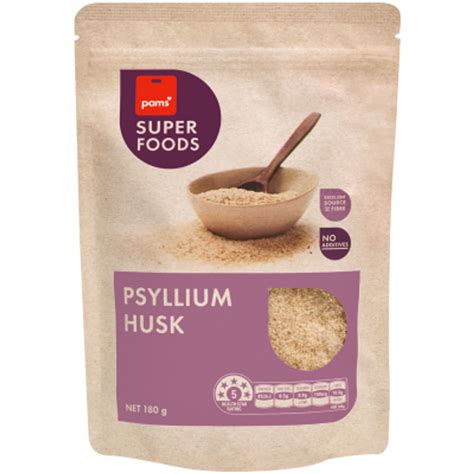
6. Tea Tree Oil
Tea tree oil has antibacterial and anti-inflammatory properties that can help reduce pain and inflammation associated with anal fissures. Mix a few drops of tea tree oil with a carrier oil such as coconut or olive oil and apply to the affected area 2-3 times a day.
7. Witch Hazel
Witch hazel is a natural astringent that can help reduce inflammation and promote healing. Soak a cotton ball in witch hazel and apply to the affected area 2-3 times a day.

Preventing Future Occurrences
While natural remedies can help heal anal fissures, it's essential to take steps to prevent future occurrences. Here are some tips:
- Eat a high-fiber diet to promote regular bowel movements
- Avoid straining during bowel movements
- Use a stool softener or laxative if necessary
- Practice good hygiene and clean the anal area regularly
- Avoid tight clothing that can irritate the anal area
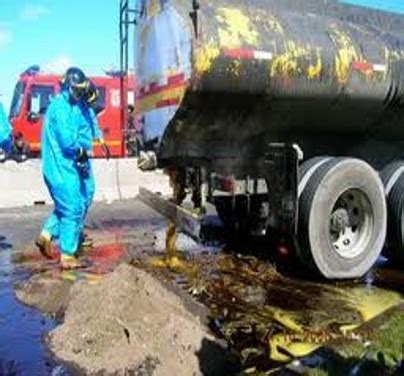
Conclusion
Anal fissures can be a painful and embarrassing condition, but there are several natural ways to heal them at home. By incorporating these remedies into your daily routine and taking steps to prevent future occurrences, you can promote healing and reduce the risk of complications.
We encourage you to share your experiences and tips for healing anal fissures in the comments below. If you have any questions or concerns, please don't hesitate to ask.
What causes anal fissures?
+Anal fissures can be caused by constipation, diarrhea, or passing large stools, as well as by underlying medical conditions such as inflammatory bowel disease.
How long does it take to heal anal fissures?
+The healing time for anal fissures can vary depending on the severity of the condition and the effectiveness of treatment. With natural remedies and lifestyle changes, most cases of anal fissures can heal within 2-6 weeks.
What are the symptoms of anal fissures?
+Symptoms of anal fissures include severe pain during and after bowel movements, bright red bleeding during bowel movements, swelling and inflammation around the anus, and itching or burning sensations around the anus.
